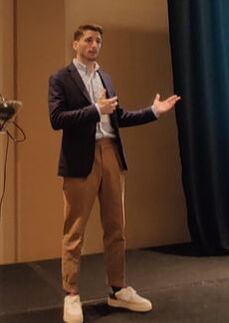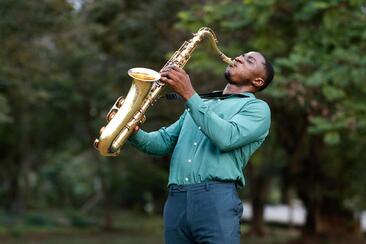|
|
I am Assistant Professor at the Sorbonne Economics Centre at Paris 1 Panthéon-Sorbonne and Honorary Assistant Professor at University College London.
My research focus is on well-being, reinforcement learning, and intrinsic rewards, using computational modelling, smartphone apps, and artificial intelligence. Before, I was a research associate at University College London in the Affective Brain Lab where I worked with Tali Sharot on the concept of intrinsic rewards. I also worked in the Rutledge lab with Robb Rutledge, on mood dynamics and their link with decision-making. I used computational models (e.g., mood models, reinforcement learning models), lab, smartphone and online data to study mood dynamics and their relation to decision-making. I notably showed that understanding the world may be more important for well-being than reward. We recently released a smartphone app I co-developed (https://thehappinessproject.app/). I prepared my PhD in Economics at Paris 1 Panthéon-Sorbonne University under the co-supervision of Mathias Pessiglione and Guillaume Hollard. The topic of my research was the link between cognitive fatigue and decision-making: How does cognitive fatigue, occurring after several hours of cognitive work (e.g., a workday) alters economical decision making (e.g., the consumption-saving trade-off)? Between 2013 and 2018, I was teaching a Master degree Neuroeconomics class (Eco&Psycho, Paris 1 Panthéon-Sorbonne). I also worked as an associate consultant for Influence at Work. I am currently also a freelance consultant (for example, I worked with a global firm to tackle fare evasion in public transportation using behavioural and data science, I wrote reports about decision-making or cognitive fatigue for various companies). |
|
|



